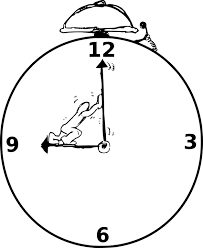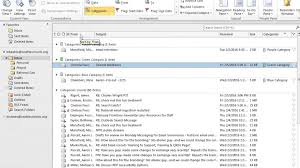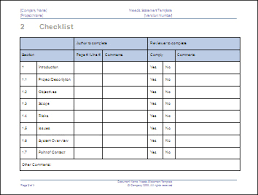Each morning a peer of mine would settle into her desk, log in to her system, then walk down to the café, chat with friends, and slowly make her way back to the office to start her day. She had the flexibility to do this after her eight a.m. start time, so I’m not making judgments on how she started her day. The judgment comes into play when she would complain—almost daily—that she didn’t have time to do anything, insisting that her “plate was full.” All
of our plates are full. The question is, what bite do we need to take first to clear it? If her top priority is to get coffee, she has made a decision that this is more important, and in some cases, more urgent than other matters. Each day is full of decisions and judgments. Each one has repercussions and downstream effects. When we better understand the differences between urgent versus non-urgent and important versus not important, we start to make better decisions.
A boss may say, “I need you to do something right away.” Is it important and is it urgent? You may still have to assess and ask questions such as the due date, competing priorities, and similar requests made in the past.
You may have two very urgent and important items, yet one will always outweigh the other. Make assessments; ask questions. In our assessment, we need to ask real or rhetorical questions until we’re prepared to make a decision about which one comes first. Another aspect to consider and respect is that what might be urgent and/or important to you may not be important and/or urgent to others. Frequently, we make assumptions based on our own feelings and interpretations. Make no assumptions.
I want you to draw a square with four boxes inside. In each square, I want you to write urgent, not urgent, important, and not important in separate boxes. Then, take your schedule for the next week and start to plot out the expected work. Label them based on where they fall on this matrix. This will help you determine where to spend your time. The outcome doesn’t dictate that every urgent and important item takes precedent over non-urgent tasks all of the time. It simply lets you decide which items to tackle first and what items to reserve for later. We often take the opposite tack by gravitating toward the easiest tasks because they give us a sense of accomplishment. But in order to be successful at managing time, it’s critical to learn how to best combine
the important and the easier tasks.
Thomas B. Dowd III’s books available in softcover, eBook, and audiobook (From Fear to Success only):
- Down the Chute: A Toboggan Tale (children’s book)
- Now What? The Ultimate Graduation Gift for Professional Success
- Time Management Manifesto: Expert Strategies to Create an Effective Work/Life Balance
- Displacement Day: When My Job was Looking for a Job…A Reference Guide to Finding Work
- The Transformation of a Doubting Thomas: Growing from a Cynic to a Professional in the Corporate World
- From Fear to Success: A Practical Public-speaking Guide received the Gold Medal at the 2013 Axiom Business Book Awards in Business Reference
- The Unofficial Guide to Fatherhood
See “Products” for details on www.transformationtom.com. Book and eBook purchase options are also available on Amazon- Please click the link to be re-directed: Amazon.com










